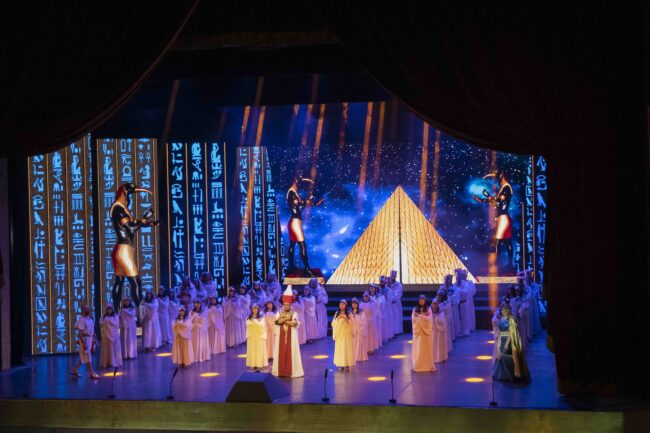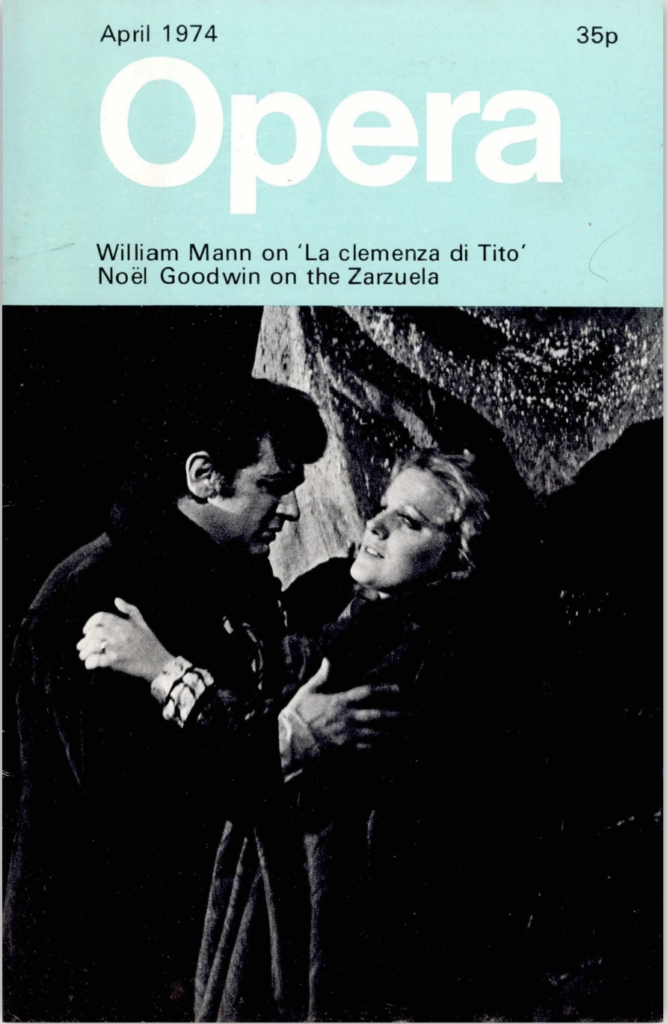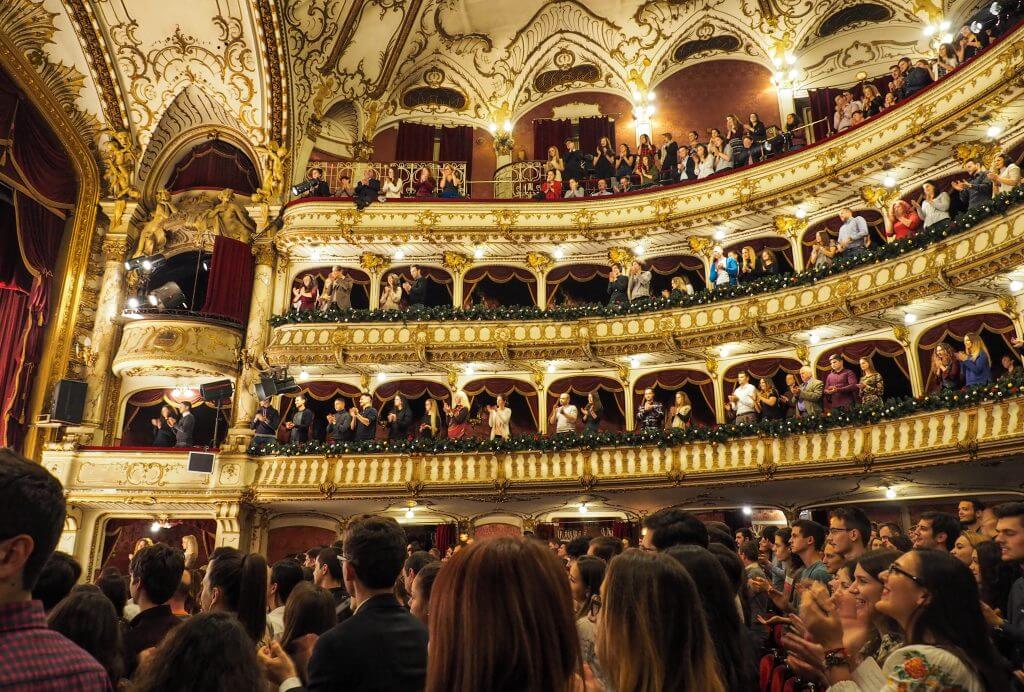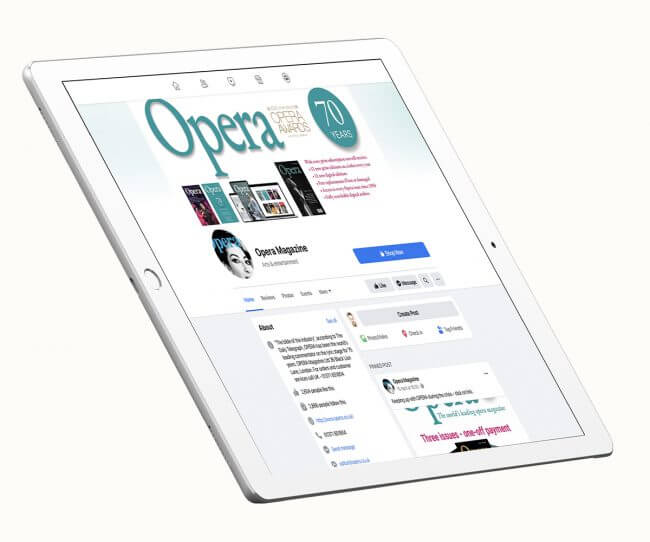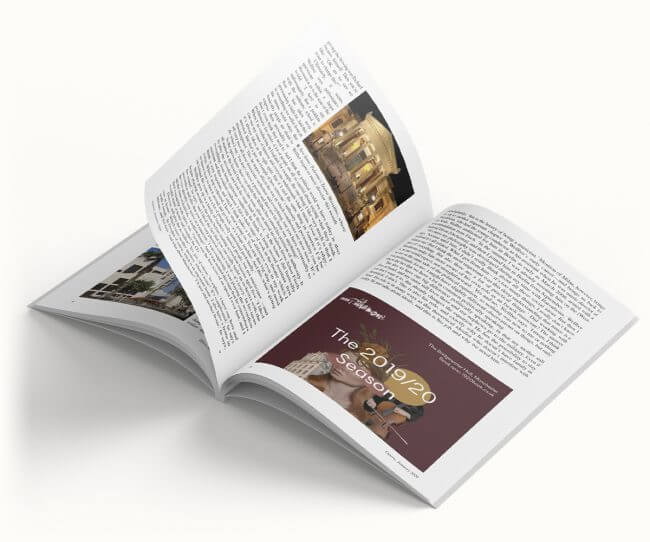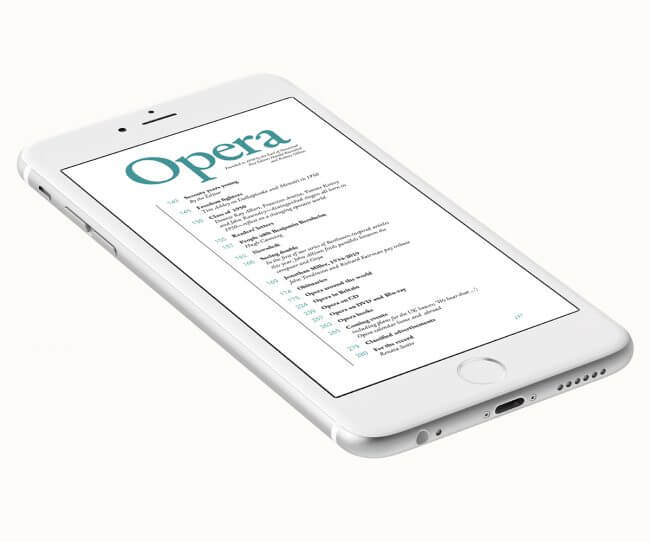Cairo Opera Company Gala
April 2023 in Reviews
Review by Ati Metwaly – Opera Magazine May 2023
Photo: Ahmed Hassan
Although Western classical music is not daily fare for Egyptian audiences, the country has a noteworthy history of operatic and symphonic performances. Egypt was home to the first opera house in North Africa, the Khedivial Opera, which was inaugurated in 1869 but burnt down in 1971, to be replaced by the Cairo Opera House in 1988.
The 30 singers that constitute the Cairo Opera Company take the stage in most of the operas performed here, alongside guest singers, who appear in many main roles. This, however, was not the case with the performances that took place on three consecutive evenings in March (7 to 9). Under the title ‘Excerpts from Famous Operas’, the evening featured 15 Egyptian singers performing arias from Die Zauberflöte and Il trovatore and the first act of Tosca. There was no thematic logic in the compilation of arias, and little dramatic coherence in each selection.
Die Zauberflöte showed how this complex and highly energetic work conceals more challenges than the Cairo Opera Company can take. The arias capitalized mostly on the strengths of the never-disappointing, agile soprano Mona Rafla as Pamina. She contrasted well with the play-it-safe baritone Ezzat Ghanem as Papageno.
The company suffers from a shortage of strong tenors. Hisham El Guindy as Tamino sang ‘Dies Bildnis ist bezaubernd schön’, in which he was, both in character and in voice, lost in a foreign land. The other tenor, Ibrahim Nagui, joined for ‘Schnelle Füsse, rascher Mut’, a short extract that secured him a swift exit.
The Mozart was followed by Il trovatore with senior members of the company: the soprano Iman Mustafa (also the company’s artistic director) as Leonora, the baritone Moustafa Mohamed as the Conte di Luna and the bass-baritone Reda El Wakil (the former artistic director) as Ferrando. They are all approaching retirement age and are sadly no longer at their shining best. Arias such as ‘All’erta, all’erta!’, ‘Il figlio della zingara’ and ‘Mira di acerbe lagrime’ cried out for the vocal power and balance that the singers projected some years back. The Cairo Opera Choir provided strong support and a breath of fresh air came with Jolie Faizy, a mid-career mezzo who sang Azucena with excellent control, warmth and clearness of timbre, in addition to giving a convincing dramatic portrayal.
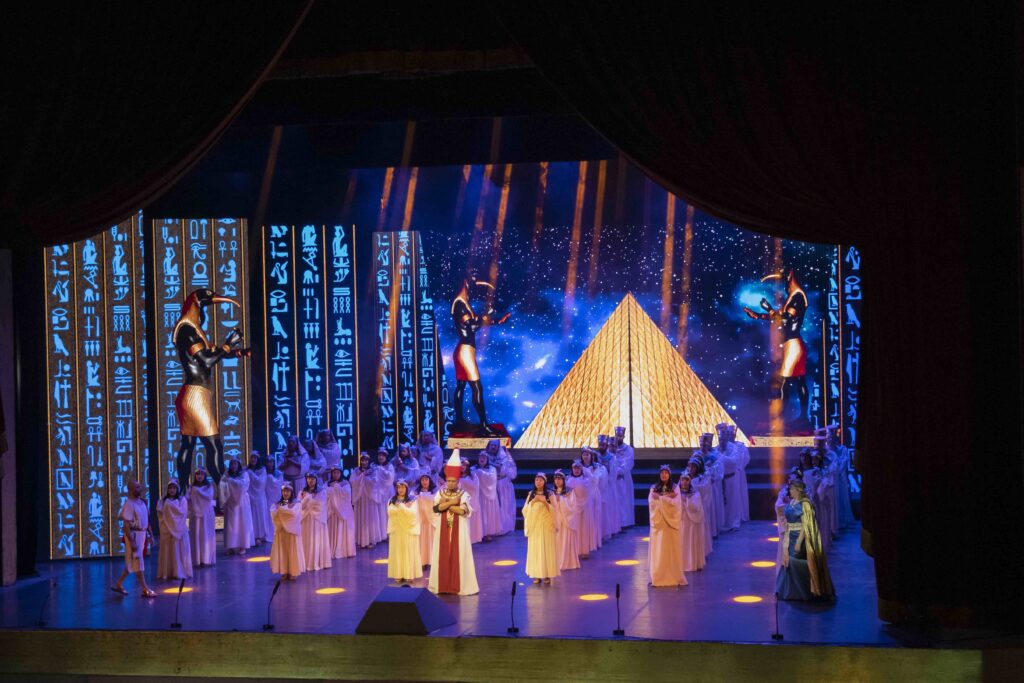
The last segment of the evening, Act 1 of Tosca, revealed once more the company’s lack of strong tenors.
The director, Hisham El-Tally, struggled with the realities of having to deal with singers who were unable to do his vision justice. His history of directing many operas here reveals that he does possess the skill to deliver coherent and more interesting results, and this was evident in the performances of Rafla and Ghanem as Pamina and Papageno, of Faizy as Azucena and of Elhamy Amin as the Sacristan in Tosca. We just needed more. The singers relied heavily on the conductor, Nayer Nagui, who drew richly textured playing from the orchestra, the strings in particular.
A gala of this sort has the potential to be a good showcase for Egyptian singers but raises the question of the absence of younger performers. Egypt has produced some fine and internationally successful singers over the years: the US-based bass-baritone Ashraf Sewailam, the tenor Ragaa Eldin, the Germany-based mezzo Gala El Hadidi, the soprano Amira Selim, who moves between France and Egypt, and, most recently, the soprano Fatma Said. But their careers flourish mostly outside the country and their visits to home stages have become increasingly rare, due to years of artistic and economic difficulties in Egypt.



